At her graduation from Peking University, one of China's most prestigious schools, Crystal set a goal early on: to work in a top tech or financial corporation.
Throughout her college years, Crystal (name changed) worked hard to increase her employment opportunities. She participated in case competitions organized by leading US consulting firm Bain & Company, interned at four major technology companies, including ByteDance (owner of TikTok) and RedNote – the “Chinese version of Instagram”. When she graduated in 2023, Crystal was in the top 10% of her class.
However, that impressive record only helped her achieve one realistic choice after graduation: Continuing to study for a master's degree in economics and management, which meant postponing her dream of working for another two years.
“Graduating from college doesn’t guarantee anything. When we graduated, the economic outlook was bleak. The class of 2014 from Peking University could have good jobs and live comfortably. But we were different,” Crystal said.
College degrees lose value
Crystal's story reflects the difficulties facing graduates from top schools in China: A weakened labor market, few opportunities, and much competition.
According to Professor Nancy Qian, an economist at Northwestern University (USA), it is not just that they cannot find high-paying jobs, but in reality, good students are struggling to get jobs with average salaries, to the point where they cannot make a living if they are financially independent.
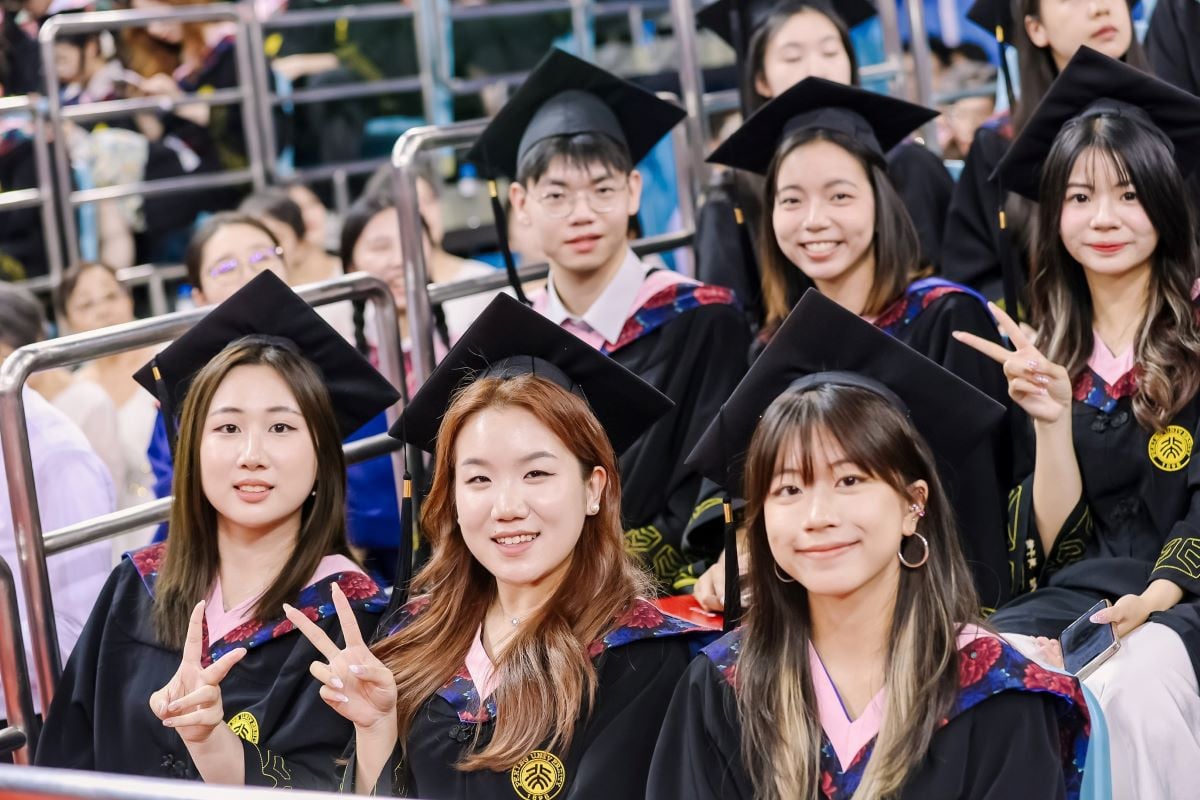
According to The Washington Post, since the Covid-19 pandemic rocked the Chinese economy, although recovery has been slow and unstable. Many companies have cut staff, job opportunities are scarcer than ever. Meanwhile, millions of students graduate from college each year.
Private companies that pay high salaries now almost exclusively hire candidates with master's degrees. This trend has caused a series of elite students from top universities to flock to graduate school.
According to statistics, about 80% of Peking University students choose to continue their studies at postgraduate level. But unlike in the past, studying for a master's degree is no longer about earning a higher salary, but simply about getting a job.
A degree is just a "ticket of entry"
Even a master’s degree doesn’t guarantee a good job. “Many people mistakenly believe that having a master’s degree is a ‘golden key’ to success,” says a 2023 report by recruitment platform Zhaopin. “In fact, it’s just a ticket. Whether or not you get a good job depends on your actual ability.”
The trend of pursuing higher education domestically is also on the rise. At Tsinghua University, the best-rated university in China, the proportion of students choosing to pursue higher education domestically increased from 54% (in 2013) to 66% (in 2022). At Peking University, this proportion increased from 48% (in 2019) to 66% (in 2024).
“As employers become more demanding, we are forced to continue our studies. A master’s degree is almost mandatory,” said Dong Jiachen, a former master’s student in sociology in Beijing.
However, according to Dong, a degree is just the beginning. To be able to apply for a job, students must go through many internships, take certification exams, practice entrance exams, interviews, and many other steps. Dong participated in up to 6 internships before officially joining Meituan - a large food delivery platform in China.
The crisis spreads, hitting the "safest" class
Professor Qian said that China has experienced many periods of unemployment in its modern history, but what is worrying this time is that the crisis directly affects the group considered the "safest": highly educated and talented people.
“Many students feel lost. They ask themselves: What is the point of studying so hard? Why do I try so hard and get such results? Should I just give up…”.
Lily Liu, former CEO of an online recruitment platform with 100,000 users, said that students today set many criteria for jobs: working environment, company values, salary, geographical location, distance from family... If those things are not met, many people choose to continue studying instead of going to work.
Qi Mingyao, CEO of Beijing-based telecommunications company Ruihua, said the phenomenon of “degree inflation” is very clear. “When I entered university in 1992, 100% of graduates had good jobs. Now, graduate students only have bachelor’s degrees. Bachelor’s degrees are no different from vocational training,” he said.
Ruihua used to have 60 employees, but after the pandemic it cut that number to 20 and has not hired any more in years. If it were to hire again, Mr. Qi said he would only hire candidates with master's degrees because they have better technical skills.
Far-reaching social impact
The difficult labor situation also has demographic consequences. Professor Qian warned: “The younger generation does not dare to get married and have children because they do not have enough financial means. When unemployment is high, the natural mechanisms for people to meet, pair up, build families, etc. are all broken.”
In August 2023, the Chinese government stopped releasing youth unemployment figures after the rate for 16-24 year olds hit 21.3% in June of that year. In January 2024, the data was released again, but students were not included in the statistics.
In the new update, China's National Bureau of Statistics also separated the 25-29 age group from the 25-59 group to reflect the fact that more and more young people are extending their studies.
As of May 2025, the unemployment rate among the 16-24 age group remains high: 14.9%.
"It's our generation's turn to suffer"
After completing her master’s degree this past spring, Crystal landed a job at a top tech company in Beijing. Still, she had concerns.
“Compared to Americans or Europeans, I feel I am at a disadvantage - they take 30 days off and still have a high income. But if I look back at my parents' generation, I see that I am not suffering. My parents worked hard but did not have good food or nice clothes. So, perhaps it is our generation's turn to shoulder the hardships of our time.”
Source: https://vietnamnet.vn/bi-kich-cua-nhung-nguoi-hoc-gioi-truong-top-van-that-nghiep-danh-hoc-mac-si-2421835.html





![[Photo] National Assembly Chairman Tran Thanh Man attends the VinFuture 2025 Award Ceremony](/_next/image?url=https%3A%2F%2Fvphoto.vietnam.vn%2Fthumb%2F1200x675%2Fvietnam%2Fresource%2FIMAGE%2F2025%2F12%2F05%2F1764951162416_2628509768338816493-6995-jpg.webp&w=3840&q=75)

![[Photo] 60th Anniversary of the Founding of the Vietnam Association of Photographic Artists](/_next/image?url=https%3A%2F%2Fvphoto.vietnam.vn%2Fthumb%2F1200x675%2Fvietnam%2Fresource%2FIMAGE%2F2025%2F12%2F05%2F1764935864512_a1-bnd-0841-9740-jpg.webp&w=3840&q=75)


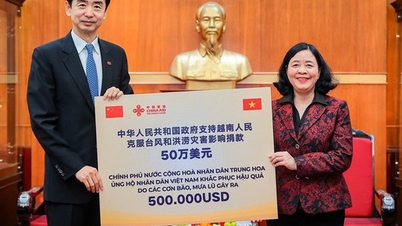

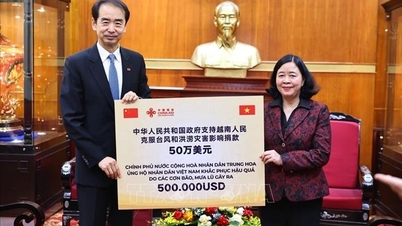












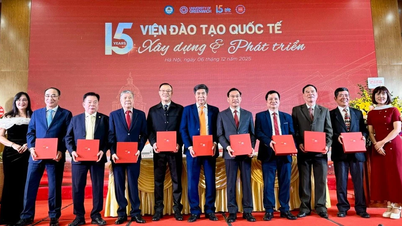
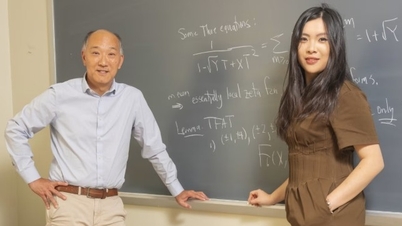






























































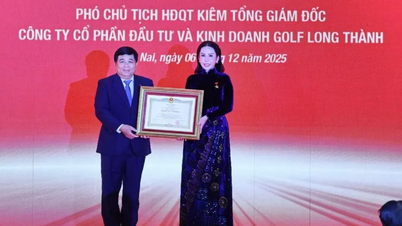






















Comment (0)